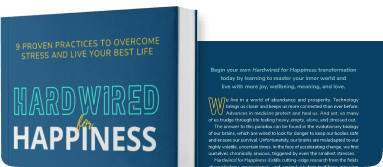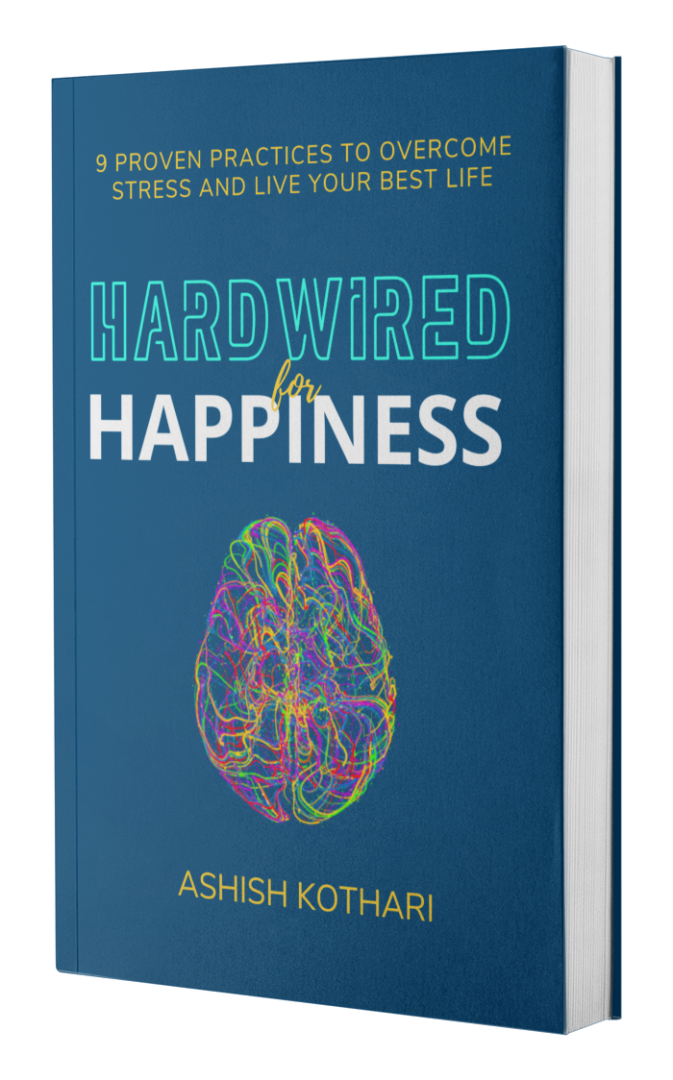Feedback Without the Sting: How to Speak Your Truth and Still Stay Connected

Let me tell you a story.
A few years ago, I watched a high-performing leader nearly derail her relationship with one of her most trusted team members. The cause? A single line of feedback, delivered with the best of intentions:
“You need to stop being so emotional. It’s affecting the team.”
It hit like a hammer. The person on the receiving end shut down. Their dynamic never fully recovered.
And yet, here’s the kicker: the leader wasn’t wrong. There was emotional intensity. It was affecting team dynamics. But how it was said shut the door on growth instead of opening one.
I thought of that moment during my conversation with Dr. Carole Robin, longtime faculty at Stanford Graduate School of Business and Co-author of Connect. Carole has spent decades helping leaders build what she calls exceptional relationships—the kind that are built not just on performance, but on trust, vulnerability, honesty, and growth.
One of the most powerful tools she shared with me—and now I’m sharing with you—is her 3 Realities Feedback Model.
It’s a game-changer.
The Problem with Most Feedback
Most of us give feedback the way we were taught—or rather, the way we weren’t taught.

We say things like:
- “You’re not listening.”
- “You’re being difficult.”
- “You always do this.”
What do these statements have in common?
They make assumptions. They label. They climb into the other person’s head.
And they almost always trigger defensiveness.
As Carole says:
“When you say, ‘You’re not listening,’ how do you know? Are you in their head?”
No, you’re not. What you do know is what you saw or heard, and how it made you feel.
Enter: The 3 Realities Model
Here’s how Carole breaks it down.
Every interaction has three realities:
- What’s going on for me (my intent)
- What I say or do (my behavior)
- How it lands with you (your impact)
The key insight?
At any given moment, we only have access to two of these three.
- I know my intent and behavior.
- You know my behavior and how it impacted you.
We each have a partial view. And unless we share those realities openly and intentionally, we stay stuck in our assumptions—and our feedback misses the mark.
Stay on Your Side of the Net
To make this real, Carole uses a brilliant metaphor: the net.
Imagine a tennis net between you and the other person. Everything on your side—your thoughts, feelings, and observations—you can speak to. Everything on their side—what they think, feel, or meant—you can’t know unless they tell you.
So when giving feedback:
- ✅ Stay on your side of the net
- ❌ Don’t assume what’s happening on theirs
Let me give you an example straight from our conversation:
❌ “You’re not listening to me.”
✅ “When I speak and don’t get a response, I feel unheard and disconnected.”
The first is a judgment. The second is a reflection.
The first creates defensiveness. The second creates understanding.
My McKinsey Twist: The OILs Model
What Carole shared resonated deeply, because back at McKinsey, we were taught something similar. We called it the OILs model:
- O = Observation (What I saw/heard—behavior)
- I = Impact (How it made me feel or what effect it had)
- L = Listen (Pause and ask: what’s going on for you?)
- S = Solution (Co-create a way forward)
That pause—L for Listen—is where empathy lives. It’s what allows us to move from “I’m right, you’re wrong” to “What’s going on between us?”

Real-Life Example: Always Late?
Here’s a true story.
A client was frustrated with a colleague who “was always late.”
We broke it down:
- Observation: “He’s 7–10 minutes late to our weekly sync.”
- Impact: “I feel disrespected and like my time isn’t valued.”
- Listen: When he finally asked what was going on, the colleague explained he had another in-person meeting across campus right before—and physically couldn’t make it on time.
The problem wasn’t respect. It was scheduling.
A simple pause for curiosity avoided a story-fueled explosion.
10 Feedback Swaps You Can Use Right Now
Here are a few of my favorite “Don’t Say This → Say This Instead” swaps based on Carole’s work:
| ❌ Don’t Say This | ✅ Say This Instead |
|---|---|
| “You don’t care.” | “I’m feeling disconnected and wish we were closer.” |
| “You’re too emotional.” | “I notice strong emotions—can we explore what’s here?” |
| “You made a huge mistake.” | “I saw this error and I feel concerned about the impact.” |
| “You don’t respect me.” | “When my input is overlooked, I feel undervalued.” |
| “You’re being difficult.” | “This conversation feels tense—can we step back?” |
It’s not about being soft. It’s about being skillful.
Why This Matters for Flourishing Teams
At Happiness Squad, we talk a lot about making flourishing your competitive edge. That doesn’t happen without human connection at the core.
And connection is built or broken in moments of truth—like feedback.
You can have brilliant strategy, brilliant talent, brilliant vision.
But if your people don’t feel heard, seen, or safe?
You’ll never access their full potential.
Try This This Week
Here’s my invitation to you:
- Pick one feedback interaction that’s overdue.
- Write down your observation and your feeling.
- Share it using the 3 Realities model.
- Pause and ask: “What’s going on for you?”
You might be surprised what you learn—about them, and about yourself.
And if you need more help on this journey, start with Carole’s book Connect, or listen to our full conversation on the Happiness Squad podcast. You’ll walk away with the skills to speak your truth, without burning bridges.
Because that’s what the best leaders do.
They build. They repair. They connect.
One conversation at a time.
Learn more about Carole on Linkedin.
Listen to the podcast with Ashish and Carole below.
Access and subscribe to all of the episodes of the Flourishing Edge Podcast here.
Visit the REWIRE Program powered up by the HAPPINESS SQUAD Community and experience your shift within your 30-day risk-free trial today. Cultivate your Self-Awareness, Gratitude, Purpose, Community, and personal growth more through the 9 Hardwired for Happiness practices. Integrate simple and proven micro-practices grounded in the science of happiness and neuroscience of habit formation in 5 minutes a day.
Make Flourishing Your Competitive Edge.


